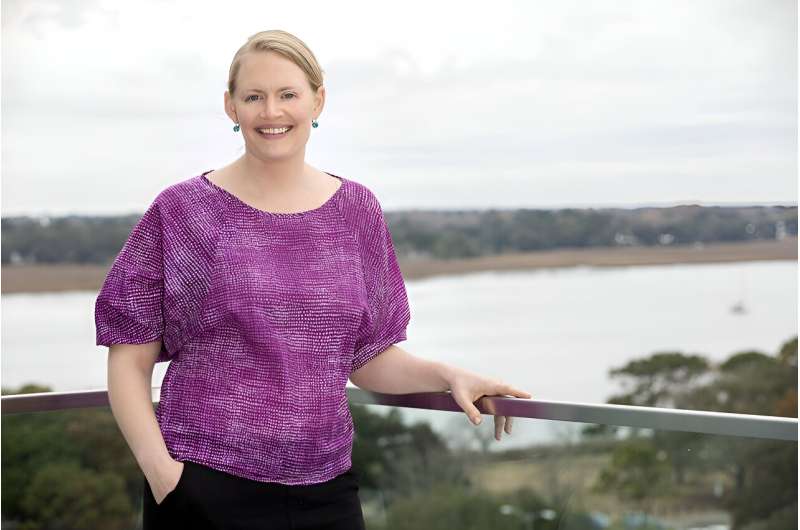This article has been reviewed according to Science X's editorial process and policies. Editors have highlighted the following attributes while ensuring the content's credibility:
fact-checked
trusted source
proofread
Building trust and saving lives: A community approach to genetic education

Changes to DNA, known as mutations, can increase the likelihood of developing cancer. Specifically, people with mutations in their BRCA 1 and 2 genes are substantially more likely to develop hereditary breast and ovarian cancers. But how do people know if they have these mutations?
Genetic testing.
Genetic testing allows doctors to see these microscopic changes. Knowing these mutations exist, doctors will check for signs of breast and ovarian cancers more often.
Yet minorities, especially Black women, are less likely to participate in genetic testing. Even fewer engage in follow-up services, such as recommended interventions, which reduce risk.
To change that, a team of researchers at the Medical University of South Carolina led by Caitlin G. Allen, Ph.D., plans to teach community health workers (CHWs), who often reside in the communities they serve, how to share the importance of genetic screening with their peers. Allen is an assistant professor in the Department of Public Health Sciences at MUSC.
"Community health workers act as a bridge between the community and researchers and clinicians and can help to answer questions, provide support services and address a lot of social determinants of health issues," said Allen, who has spent more than a decade working alongside and providing support for CHWs.
As a first step, the team worked with CHWs to learn about their needs and preferences for genetics training materials. They describe these efforts in a November article in the Journal of Cancer Education.
Knowing that some minority communities don't trust researchers and medical staff, Allen and her team recruited CHWs because they are already trusted members of the community. The researchers found that CHWs were already very curious about genetics and eager to learn more.
"There was significant interest from CHWs to learn more about cancer and genetics, but the training to support them in building these competencies and genetic literacy didn't exist," explained Allen.
With funding from the American Cancer Society and MUSC Hollings Cancer Center, Allen and her team were able to create this training by holding focus groups with CHWs and doctors, asking them to come to an agreement about which lessons should be included. Once the training materials were developed, the CHWs told the researchers whether they were clear and easy to understand.
Incorporating feedback from these focus groups, Allen and her team finalized their 10-module CHW training called Keeping Each other Engaged Program via IT (KEEP IT). The researchers virtually delivered the 12-hour training to 26 CHWs. The training was effective in improving genetic knowledge and competencies and highly rated by the CHWs. The full outcomes of the KEEP IT training sessions will be published soon.
"It was a privilege to take the idea of CHWs teaching their communities about genetics and put it into action," said Allen.
But the researchers are far from being finished. They are applying for funding so they can expand the training across four other Southern states.
"Designing and delivering trainings in collaboration with community members is really effective," stressed Allen, "and it's important to have community perspective across all research."
More information: Caitlin G. Allen et al, Development of a Hereditary Breast and Ovarian Cancer and Genetics Curriculum for Community Health Workers: KEEP IT (Keeping Each other Engaged Program via IT) Community Health Worker Training, Journal of Cancer Education (2023). DOI: 10.1007/s13187-023-02377-7
















